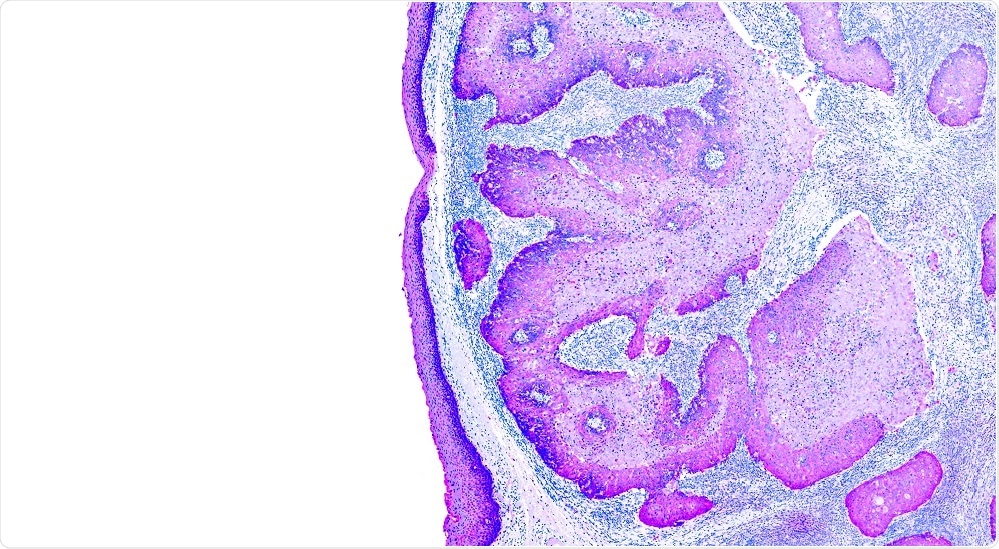For the first time in humans, researchers are testing a combined approach to treating advanced stage colorectal cancer (CRC) that may be life-changing for patients.
 Image Credit: Carl Dupont/Shutterstock.com
Image Credit: Carl Dupont/Shutterstock.com
The approach combines a DNA vaccine that boosts the body’s immune response to tumors, with an antibody that inhibits its natural defence against the vaccine.
Once cancer has spread to other parts of the body, patients with CRC have few other viable options; therefore, this treatment could be life-changing for these patients.”
Toan Pham, Study Author, The University of Melbourne
The preliminary research that has led up to the phase 1 trial will be presented at Digestive Disease Week 2018.
In previous studies, immunotherapies have failed to prove effective because the body blocks the cancer-fighting immune response that vaccines stimulate to protect against the risk of an out-of-control immune response.
Combining new immune checkpoint blockade antibodies with the vaccine could overcome this hurdle by temporarily blocking the protective response.
We are on the cusp of testing something that could be transformative for cancer treatment. Cancer vaccines are getting closer to the clinic every day and are likely to provide a safer and more effective pillar of treatment for patients.”
Robert Ramsay, Lead Author, The University of Melbourne
In preliminary studies using mice that were induced to develop cancer cells, the vaccine was able to cure cancer in around half of the animals.
Mice that had been expected to live for only a few days or weeks survived for up to two years in around 50% of cases.
Furthermore, mice that were cured developed “immune memory” and immediately rejected the tumor cells when they were re-introduced.
The researchers are now testing the safety of the approach in a phase 1 trial including 32 participants with advanced stage CRC. If the regimen is shown to be safe, all patients in the trial will be allowed to receive the full treatment.
Source:
https://www.eurekalert.org/pub_releases/2018-05/ddw-dv051818.php